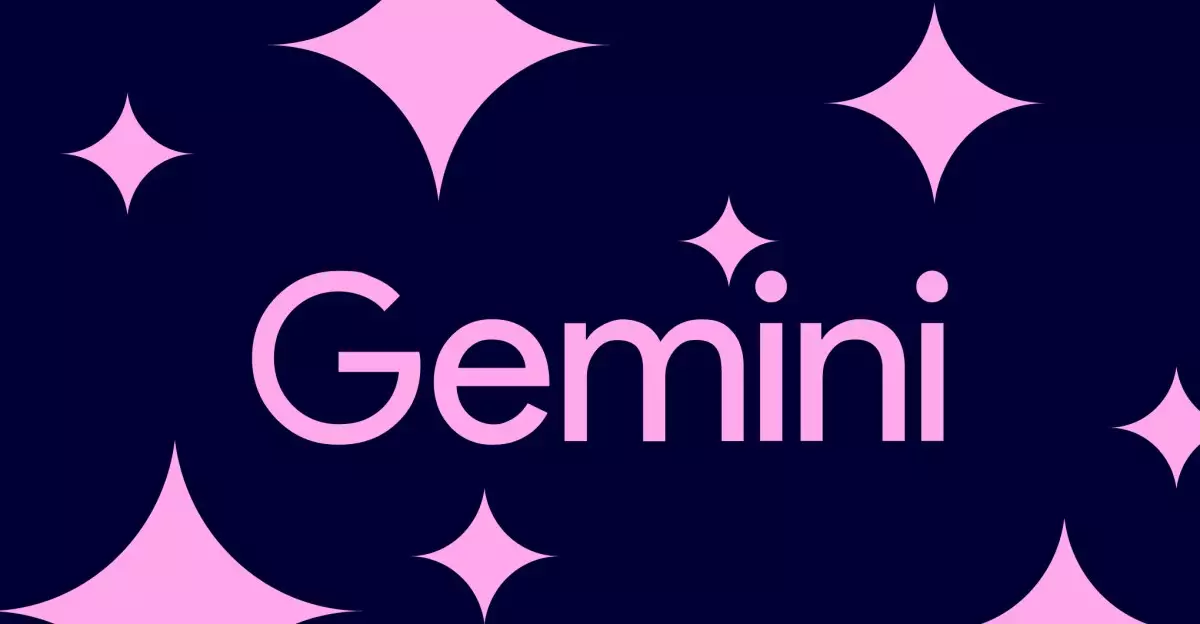As technology continues to evolve at a breakneck pace, Google is poised to introduce its new Gemini apps to children under 13 through managed family accounts. This initiative is a part of the tech giant’s broader strategy to integrate artificial intelligence into the lives of younger generations. By providing an AI tool that can assist with homework and storytelling, Google is not merely enhancing educational opportunities for children; it is also fostering a new kind of interaction with technology that is deeply embedded in their lives.
The Role of Parents in a Digital Landscape
Parents are being notified via Google’s Family Link parental controls about this forthcoming feature. It’s a subtle yet significant acknowledgment of the dual edge that technology represents in children’s lives. The email communication from Google serves as both an introduction and a cautionary note. While the prospect of using AI to aid in learning sounds beneficial, Google rightly emphasizes the importance of parental involvement. The recommendation for parents to engage in conversations with their children underscores that education about technology is just as vital as the technology itself. Parents must guide their children to ensure they remain aware of the boundaries and limitations of AI, particularly its propensity to err.
Benefits Versus Risks
Gemini apps offer a myriad of potential benefits; however, there are underlying dangers that cannot be overlooked. The ability for children to easily access AI without direct adult supervision raises questions regarding the appropriateness of content that may be inadvertently experienced. Google attributes the responsibility of monitoring to the parents but, as seen with other AI platforms, this regulation can sometimes prove difficult. Incidents with other AI chatbots have revealed troubling instances where miscommunication led children to believe they were engaging with a real person. This blurring of lines between AI and reality could lead to confusion and, in some instances, distress. Hence, as children engage with Gemini, they must be equipped with the knowledge that not everything they encounter is representative of truth or fact.
Strategic Use of AI in Education
While there are risks associated, the strategic use of AI within educational contexts represents a transformative opportunity. Google claims that user data from children will not be utilized to train its AI models, a reassurance that attempts to quell privacy concerns. This principled stand is essential in an era where data ethics are increasingly scrutinized. As children navigate their learning journeys with Gemini, armed with parental guidance, they stand to benefit tremendously from personalized learning experiences that adapt to their unique queries and curiosity.
The Future of Interaction with Technology
As we move toward a future where children have unprecedented access to technology, it is imperative to establish a framework that prioritizes their safety while leveraging the advantages that AI introduces. The Gemini app initiative reflects Google’s intent to redefine the landscape of learning tools for younger audiences. As the rollout approaches, it sets the stage for a broader dialogue about how we engage with technology in a manner that empowers rather than overwhelms. By fostering an environment of learning and monitoring, both children and parents can navigate the fascinating yet complex world of artificial intelligence together.

